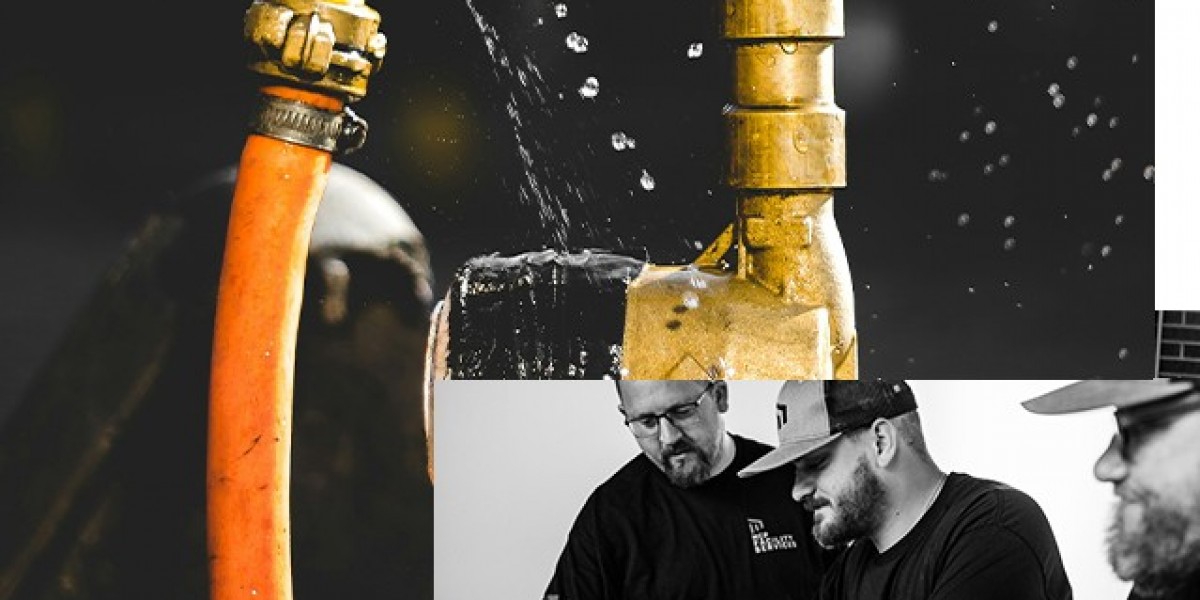A well-functioning plumbing system is the backbone of any home, ensuring that water flows smoothly and waste is disposed of efficiently. However, two common issues often get overlooked: clogged drains and low water pressure. These problems might seem minor at first, but neglecting them can lead to significant consequences, including costly repairs and health hazards. In this blog, we'll explore the causes of these issues, how to address them, and why timely intervention is crucial.
Causes of Clogged Drains
Clogged drains are more common than you think, and they can be caused by a variety of factors:
Hair and Soap Scum: In bathroom drains, hair and soap scum accumulate over time, forming a sticky barrier that traps water and other debris. Regular cleaning can help prevent this buildup.
Food Waste and Grease: Kitchen sinks are often misused as garbage disposals, leading to clogs from food particles and grease. Avoid pouring grease down the drain, as it solidifies and blocks pipes.
Foreign Objects: Kids' toys, hygiene products, and other unexpected items can find their way into drains, causing blockages. Be mindful of what goes down the drain.
Tree Root Intrusion: Underground pipes can be invaded by tree roots, which grow inside the pipes and cause severe clogs. Regular inspections can help identify these issues early.
Causes of Low Water Pressure
Low water pressure can be frustrating and is often a sign of a deeper issue:
Pipe Corrosion: Aging pipes can corrode, restricting water flow and reducing pressure. This is common in older homes with galvanized or iron pipes.
Hidden Leaks: Undetected leaks can significantly reduce water pressure by diverting water away from where it's needed. Regular checks for leaks are essential.
Faulty Pressure Regulator: If your home has a pressure regulator, it might need adjustments or replacement to maintain optimal pressure.
Municipal Water Supply Issues: Sometimes, low water pressure is due to external factors like municipal supply issues or nearby construction. Contact your local water utility for more information.
DIY Fixes vs. Professional Help
For minor clogs, a simple plunger or drain cleaner might do the trick. However, if the issue persists, it's time to dig deeper:
Simple Fixes: Use a plunger or drain snake to clear minor blockages. For tougher clogs, chemical drain cleaners can help.
Checking for Leaks: Inspect your pipes for signs of moisture or water spots. Fixing leaks early can prevent more serious problems.
Signs for Professional Help: If DIY methods fail or if you notice persistent issues like recurring clogs or significant water pressure drops, it's time to call a professional.
The Long-Term Impact of Ignoring Plumbing Issues
Ignoring clogged drains and low water pressure can have severe consequences:
Clogged Drains: If left unchecked, clogs can lead to pipe bursts, causing extensive damage and costly repairs.
Low Water Pressure: This might indicate a bigger problem, such as corroded pipes or hidden leaks. Addressing these issues early can prevent major disruptions.
Regular Maintenance: Regular plumbing maintenance is key to avoiding major plumbing emergencies. It ensures your system runs smoothly and efficiently.
Conclusion
In conclusion, addressing clogged drains and low water pressure early is crucial to prevent costly repairs and ensure your plumbing system functions smoothly. For lasting solutions and expert assistance, consider reaching out to reliable Plumber Services in Topeka. Don't let minor issues become major headaches, take proactive steps today to safeguard your home's plumbing system.








